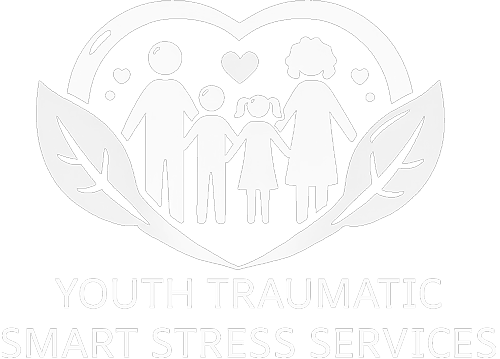Grief-Enhanced Trauma-Informed Interventions (GTI)
Grief-Enhanced Trauma-Informed Interventions (GTI)
Grief-Enhanced Trauma-Informed Interventions (GTI)
Grief-Enhanced Trauma-Informed Interventions (GTI)
Trauma Grief Component Therapy For adolescents (TGCTA)
Trauma Grief Component Therapy-Adolescents (TGCTA) is an evidence-based, assessment-driven group treatment for youth with PTSD with histories of exposure to trauma and/or severe adversity place them at high risk for severe persisting distress, functional impairment, and developmental disruption. TGCTA is informed by both a developmental model of childhood traumatic stress and a multidimensional theory of maladaptive childhood grief based on a wellness-oriented public health framework. TGCTA has been implemented in school districts, mental health clinics, and juvenile justice facilities both in the U.S. and internationally, demonstrating its effectiveness in reducing posttraumatic stress, depression, maladaptive grief, and academic failure. It has been shown to lessen the frequency and intensity of posttraumatic stress reactions, minimizing their disruptive effects on adolescents’ daily lives and overall functioning. Also, this intervention includes practice elements directed at alleviating maladaptive grief reactions (e.g., reducing distressing preoccupations over how the person died) and to facilitate adaptive grieving and mourning (e.g., reminiscing in comforting ways and finding constructive ways to honor the memory of the deceased). TGCTA has also been positively linked with post-treatment rule compliance, academic improvements and positive peer relationships. This evidence-based practice for the treatment of adolescents with PTSD is affordable, adopted well in different settings, sustainable over time, and fits well with the diverse multiethnic populations of North LA County.
TGCTA Includes:
Module I
Aims to improve the understanding of basic reactions to trauma and Bereavement, strengthen emotional regulation and cognitive coping skills, and improve youths’ abilities to recruit appropriate types of social support.
Module II
Aims to process traumatic experiences, generally using a trauma narrative, including identifying the worst moments, traumatic expectations, and lessons learned. This module also strengthens adolescent impulse control by providing education about how reactions to trauma reminders can lead to risk-taking behaviors.
Module III
Aims to identify personal loss reminders and their role in evoking grief reactions, identify personal grief reactions, reduce maladaptive grief reactions, and promote adaptive grieving and mourning.
Module IV
Aims to promote developmental progression and help youth prepare for the roles and responsibilities of young adulthood and productive citizenship. Its activities focus on helping youth think about, plan, and actively prepare for their life goals.









